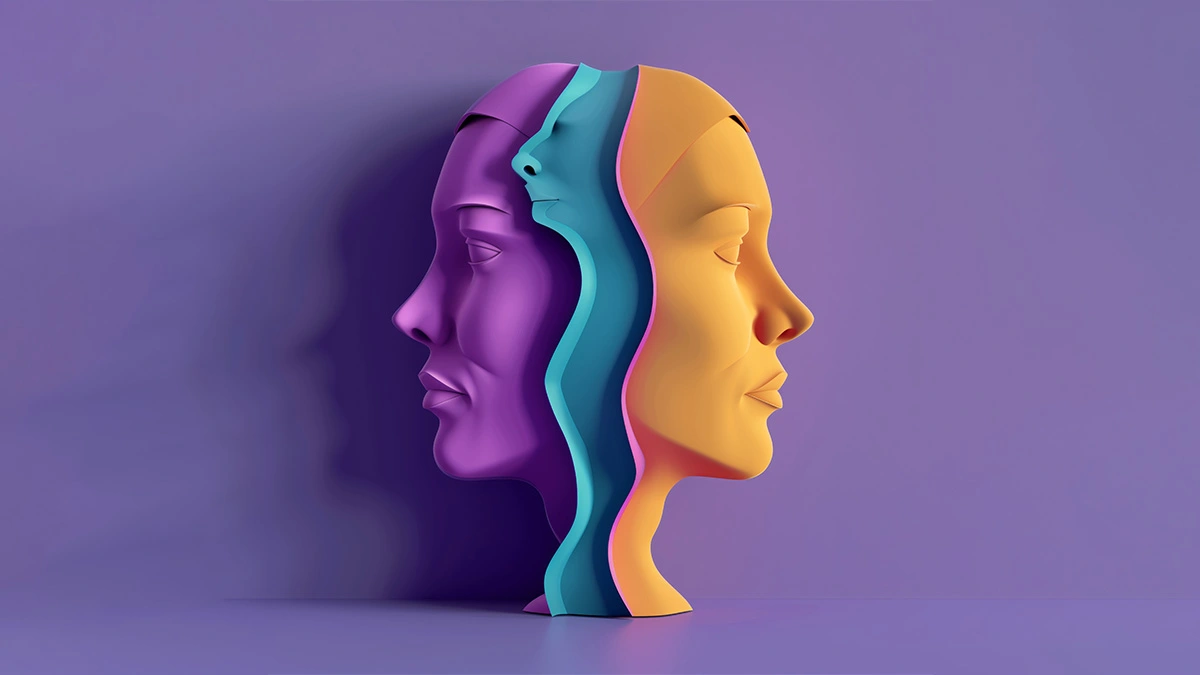We tend to notice pain more than we notice pleasure, at least argued the philosopher Schopenhauer. We don't notice all the parts of our body that feel healthy; instead, we notice the slight pain in our big toe, for example. Writer and author of Altered Perspectives, Sam Woolfe, argues that this occurs because humans are willing, desiring animals. We are always in pursuit of something. And therefore, anything that obstructs this pursuit is highlighted. This leads to pain and negativity often being our focus in life. Woolfe argues that only by cultivating gratitude, not only in success, but in the midst of our pain, can we hope to escape our negativity bias.
One of my favorite insights from the German philosopher Arthur Schopenhauer relates to the human negativity bias—that is, our tendency to focus on what bothers us. As Schopenhauer writes:
Just as a brook forms no eddy so long as it meets with no obstructions, so human nature, as well as animal, is such that we do not really notice and perceive all that goes on in accordance with our will. If we were to notice it, then the reason for this would inevitably be that it did not go according to our will, but must have met with some obstacle. On the other hand, everything that obstructs, crosses, or opposes our will, and thus everything unpleasant and painful, is felt by us immediately, at once, and very plainly. Just as we do not feel the health of our whole body, but only the small spot where the shoe pinches, so we do not think of all our affairs that are going on perfectly well, but only of some insignificant trifle that annoys us.
Because we tend not to notice and appreciate all the things that are going well for us, and instead attend to the problems in our lives, it becomes difficult to achieve happiness.
___
Schopenhauer believed that happiness was merely the absence of suffering—the moment of relief when some pain or worry had been alleviated, or some nagging desire fulfilled.
___
As the philosopher and Schopenhauer expert David Bather Woods underscores in an article for Aeon, for Schopenhauer, the happiness that follows any positive event “is likely to be short-lived.” For example, after the joy and excitement of buying a new home, Woods points out that “a host of new worries and stresses emerge, such as paying down the mortgage, or doing up the bathroom.” Schopenhauer believed that happiness was merely the absence of suffering—the moment of relief when some pain or worry had been alleviated, or some nagging desire fulfilled.
The quote from Schopenhauer above really rang true for me not long ago, when I was struggling (again) with wisdom tooth pain. For weeks, the pain was all I could focus on. I kept thinking to myself, I’ll be so grateful when this pain goes away. But, as always happens, the pain subsided, and I didn’t feel the intense gratitude that I had convinced myself I would feel. I returned to baseline; I didn’t experience an extra amount of happiness in response to my wisdom tooth and jaw no longer hurting. As Schopenhauer astutely observed, we are just not wired to experience happiness from the health of our whole body—or the health of certain body parts.
___
Negative situations feel more psychologically intense for us. There is a qualitative asymmetry between pain and pleasure.
___






















Join the conversation